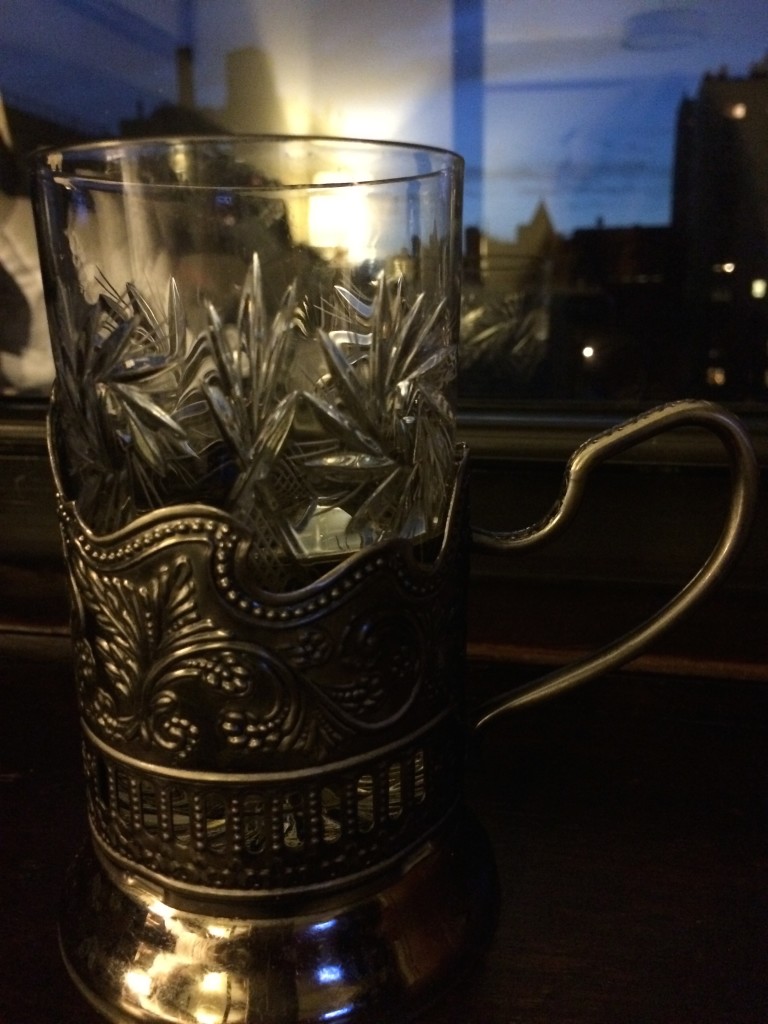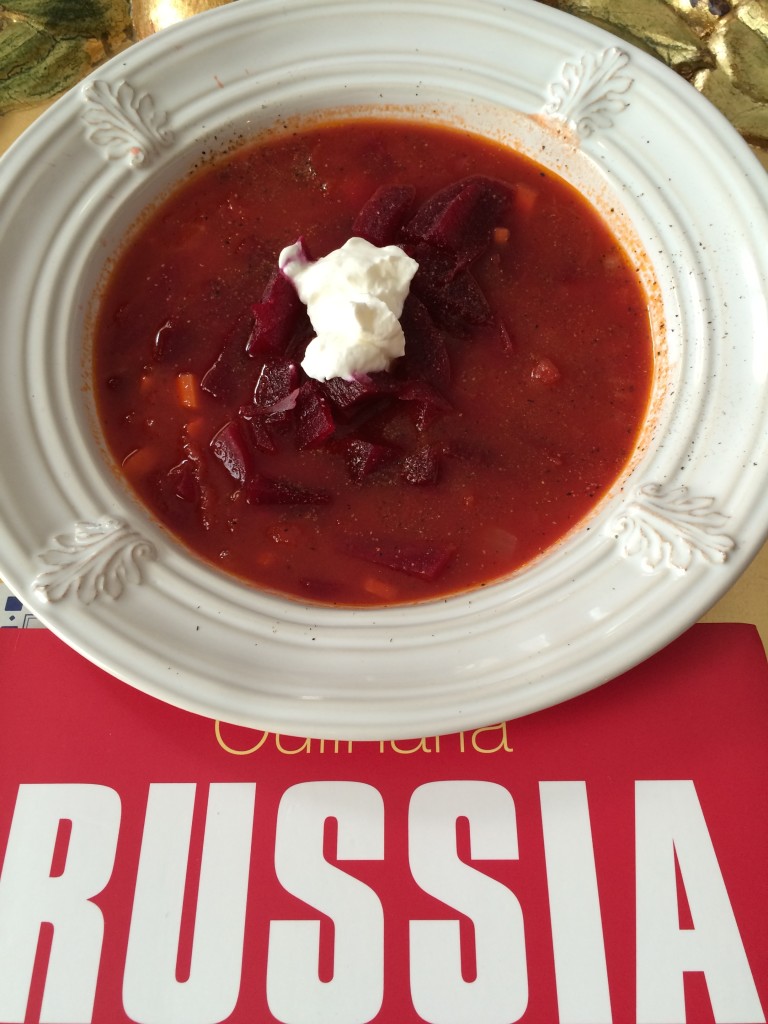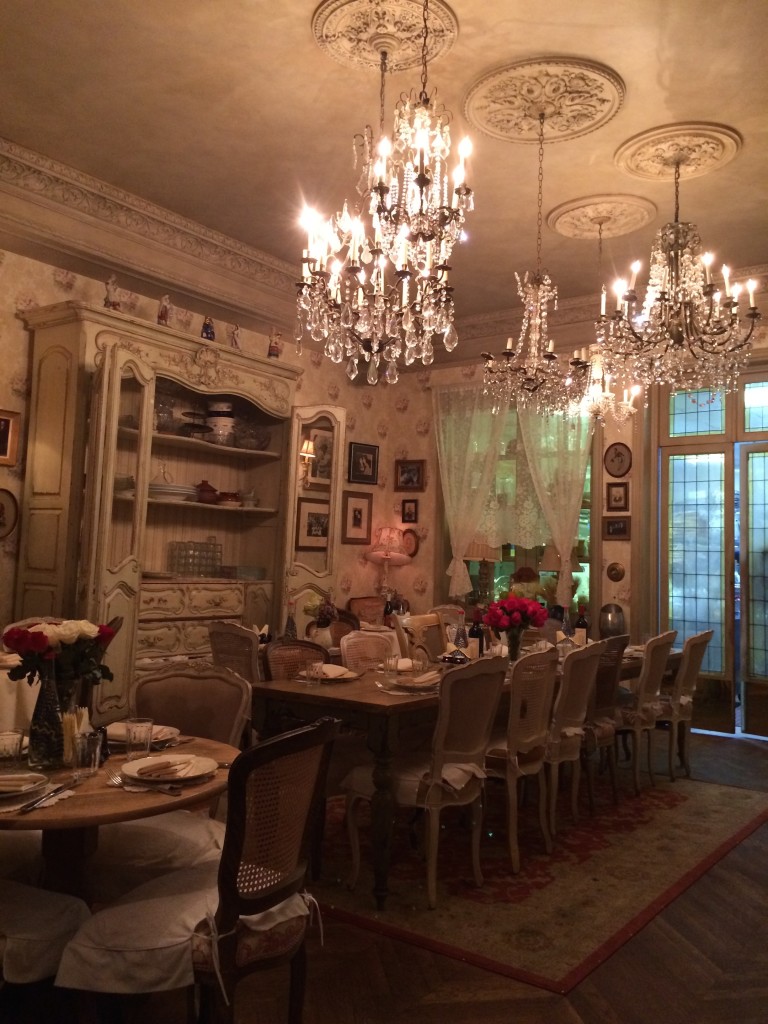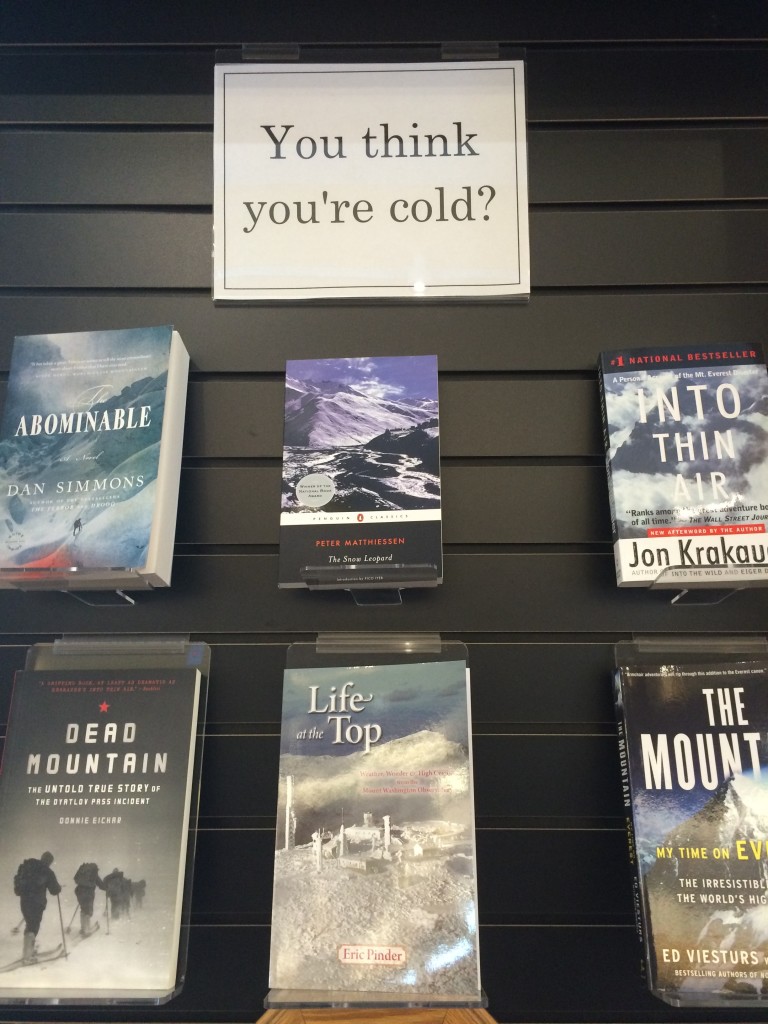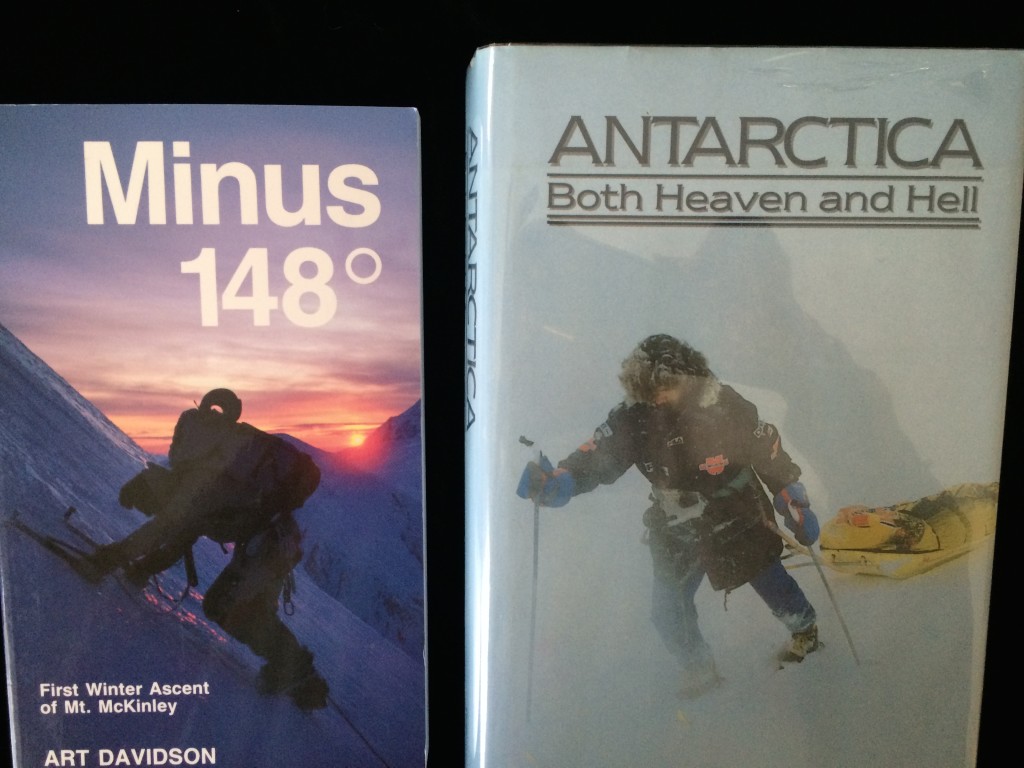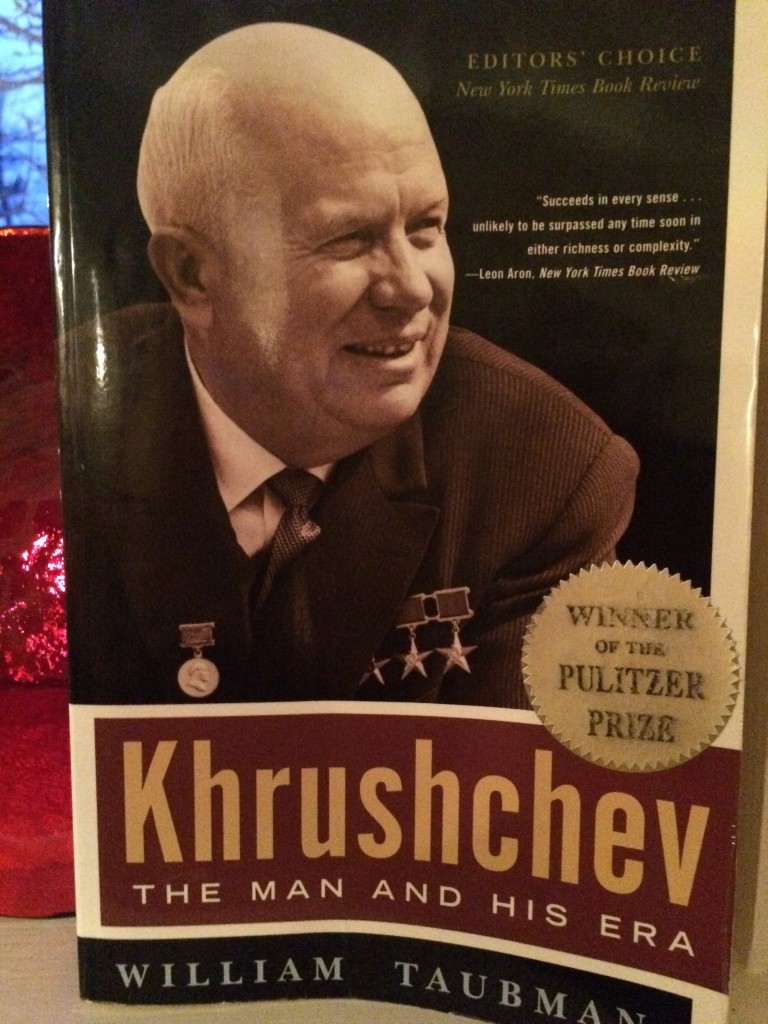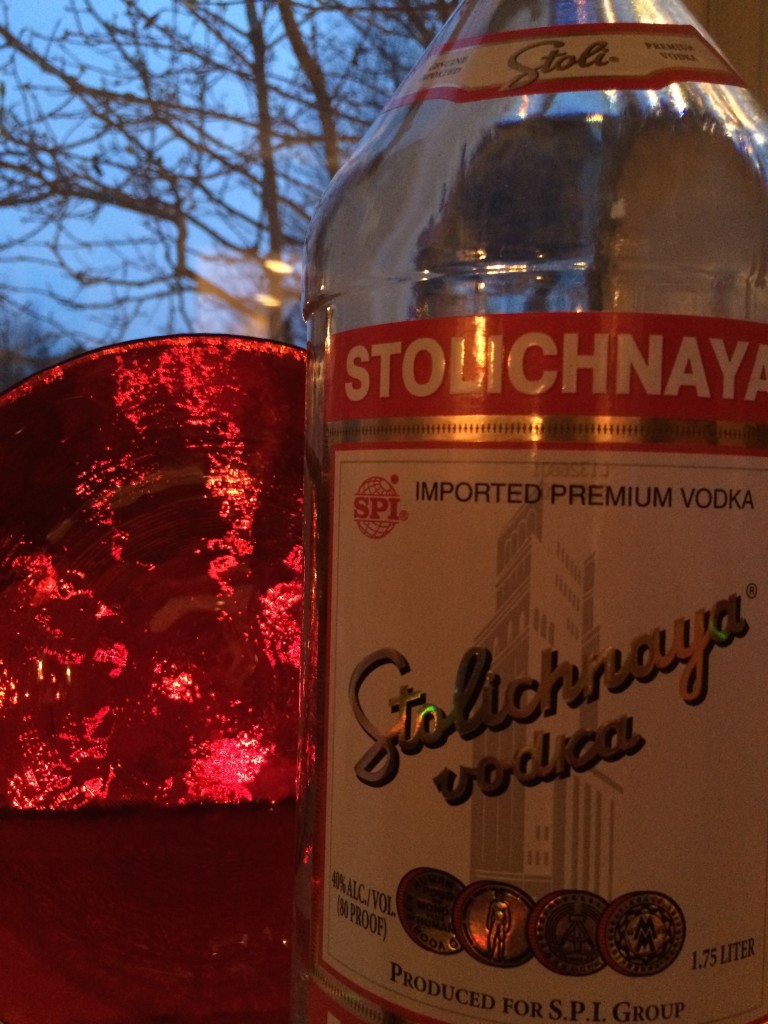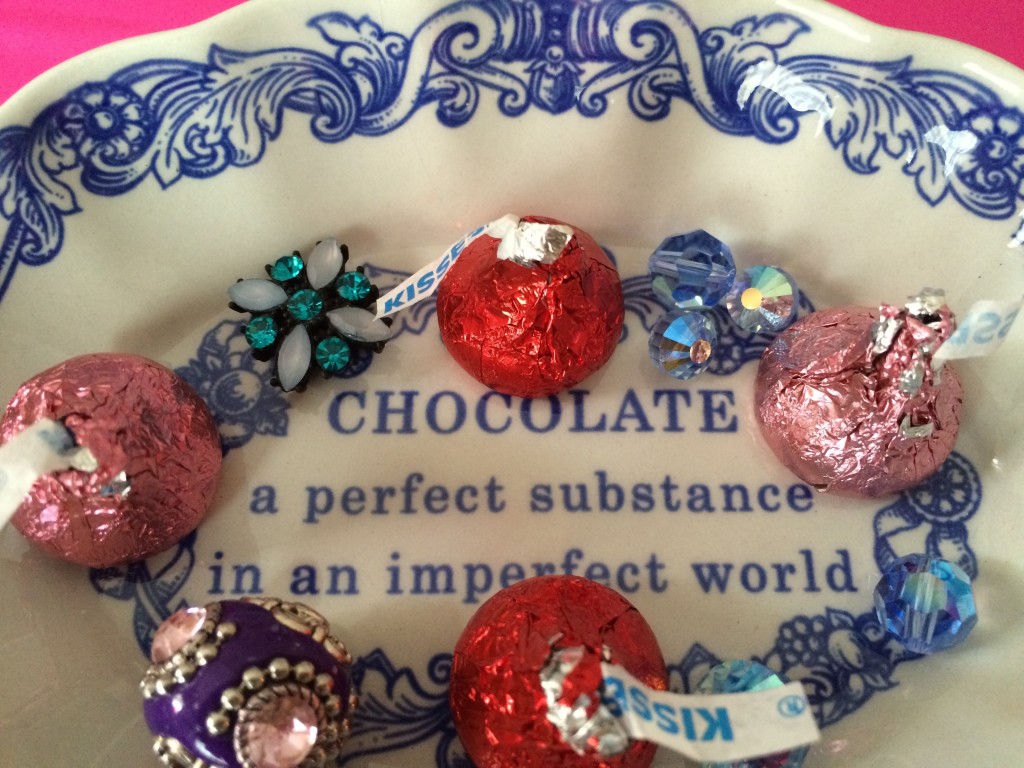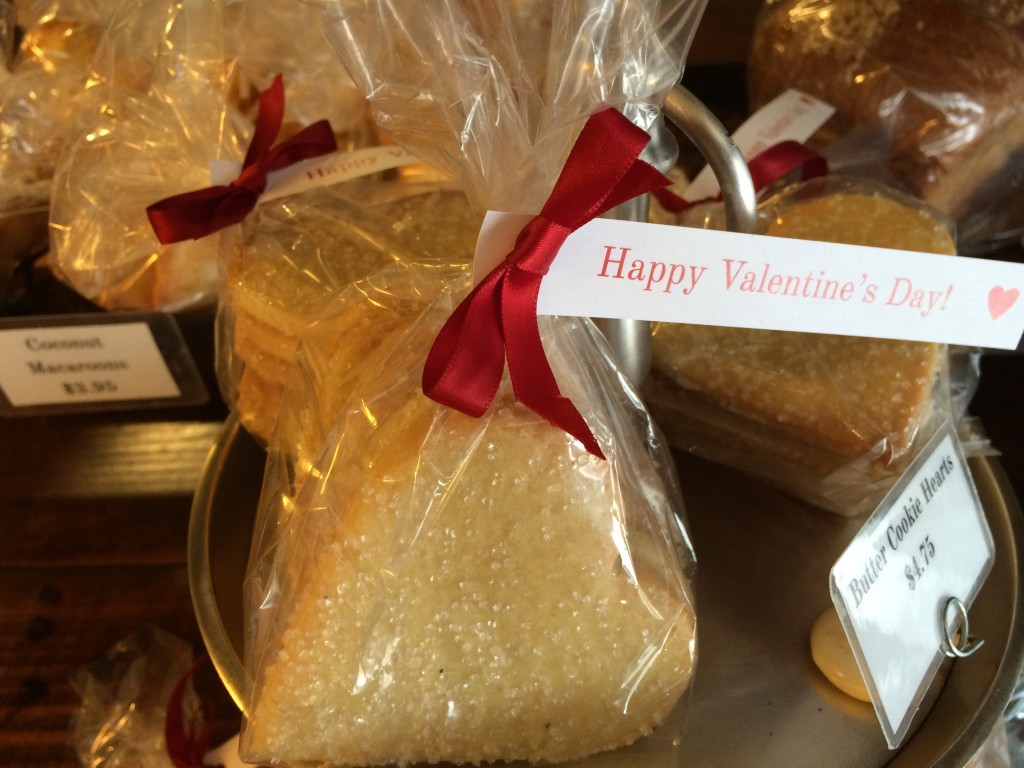 It should come as no surprise that President Obama’s “Buzzfeed” video has become a highly politicized issue, used by Republicans and Democrats alike to tout his “charismatic personality” or lambast his seemingly “indifferent attitude” to the world’s problems, depending on which side of the isle you sit on.
It should come as no surprise that President Obama’s “Buzzfeed” video has become a highly politicized issue, used by Republicans and Democrats alike to tout his “charismatic personality” or lambast his seemingly “indifferent attitude” to the world’s problems, depending on which side of the isle you sit on.
That President Obama’s every move is subject to intense scrutiny and debate is not unique to the office of the presidency. Indeed, there is a reason that John Adams once wrote: “No man who ever held the office of president would congratulate a friend on obtaining it.”
The unrelenting stress, heightened pressure and merciless criticism a President faces is nearly unimaginable – and certainly takes a toll on the mental and physical state of such men (a quick look at “before” and “after” shots of previous Presidents is a perfect case in point).
Perhaps this is why the office of the presidency is held in such high regard. Having sworn to “preserve, protect and defend the Constitution of the United States”, it is a position of immense responsibility that warrants a great amount of respect, admiration and reverence from the public. Read more
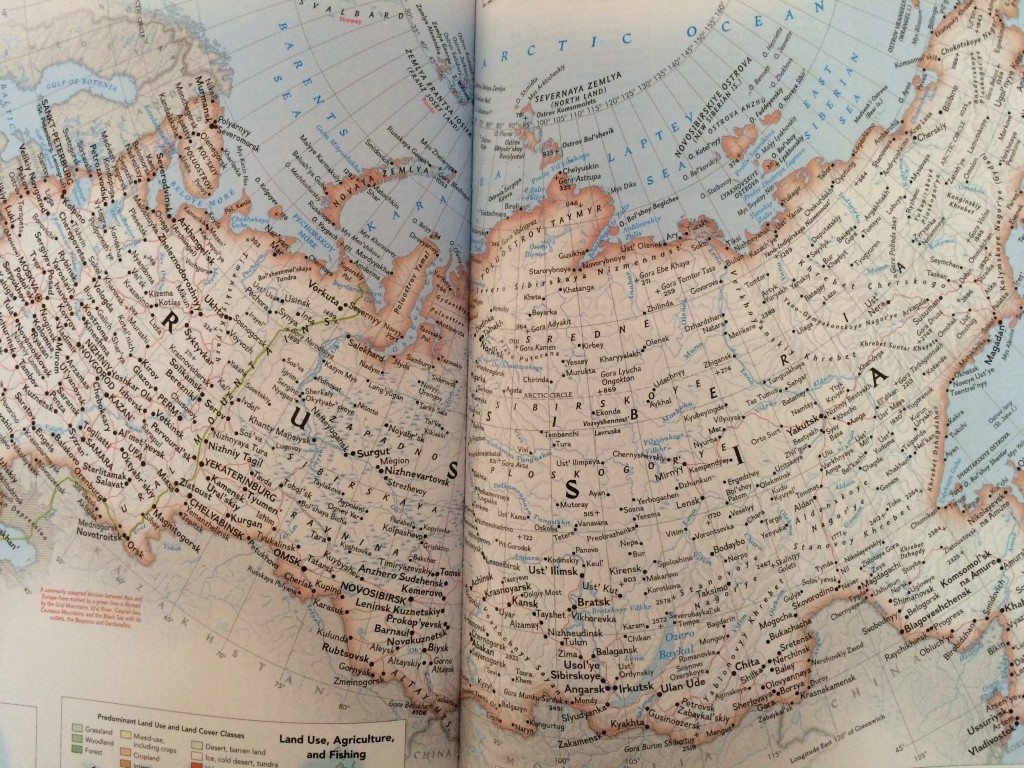 As we wrap up our month of featuring “All Things Russia,”* we note with due attention, and perhaps a bit foreboding, a recent article in the Wall Street Journal entitled: “Putin the Improviser” (Feb. 20, 2015).
As we wrap up our month of featuring “All Things Russia,”* we note with due attention, and perhaps a bit foreboding, a recent article in the Wall Street Journal entitled: “Putin the Improviser” (Feb. 20, 2015).